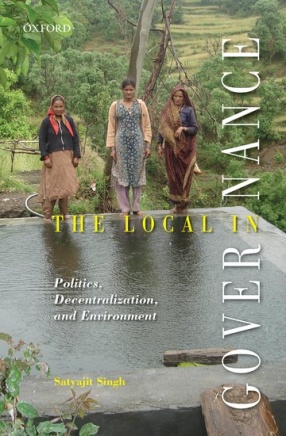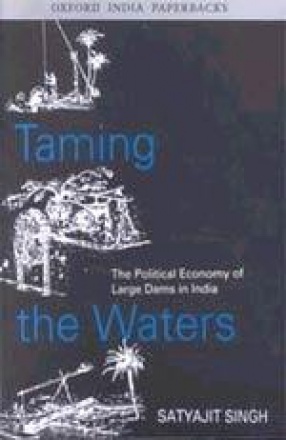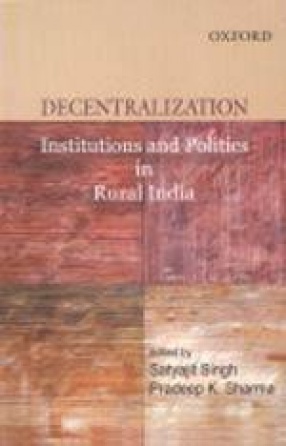The Local in Governance: Politics, Decentralization and Environment
This study examines the political economy of how institutional designs for governance are created and the role of local politics in shaping institutions. While some recent approaches to governance and decentralization are normative, economistic, and technocratic, the Local in Governance underlines the importance of the political. It studies the different architectures of decentralization, based on multiple ideas and values on the ground. The idea of the political in decentralization establishes that unlike uniform normative outcomes, diverse local institutions lead to different outcomes as they interface with micro politics of various hues. Drawing empirical evidence from the forestry and water sectors in India, the author concludes that it is in the creation of decentralized institutions, and in the political economy of their functioning, that outcome paths of decentralization-democratic, devolutionary, and accountable (the good)-or the new forms of recentralization and deconcentration (the not so good), are determined.
Contents: 1. The local in governance: politics and institutions for sustainable development. 2. Conflict resolution, decentralization and recentralization: village forest councils in Uttarakhand. 3. Collective dilemmas and collective pursuits: community management of the van Panchayats. 4. Diverse property rights and forest management: institutions and politics in Uttarakhand. 5. Joint forest management: decentralization, recentralization and devolutionary intent. 6. ‘Public’ in rural water supply: decentralization as reforms. 7. Decentralizing rural drinking water: political economy of institutional reforms. Conclusion: political power-inclusive democracy and capacity development. Bibliography. Index.
Get it now and save 10%
BECOME A MEMBER









Bibliographic information